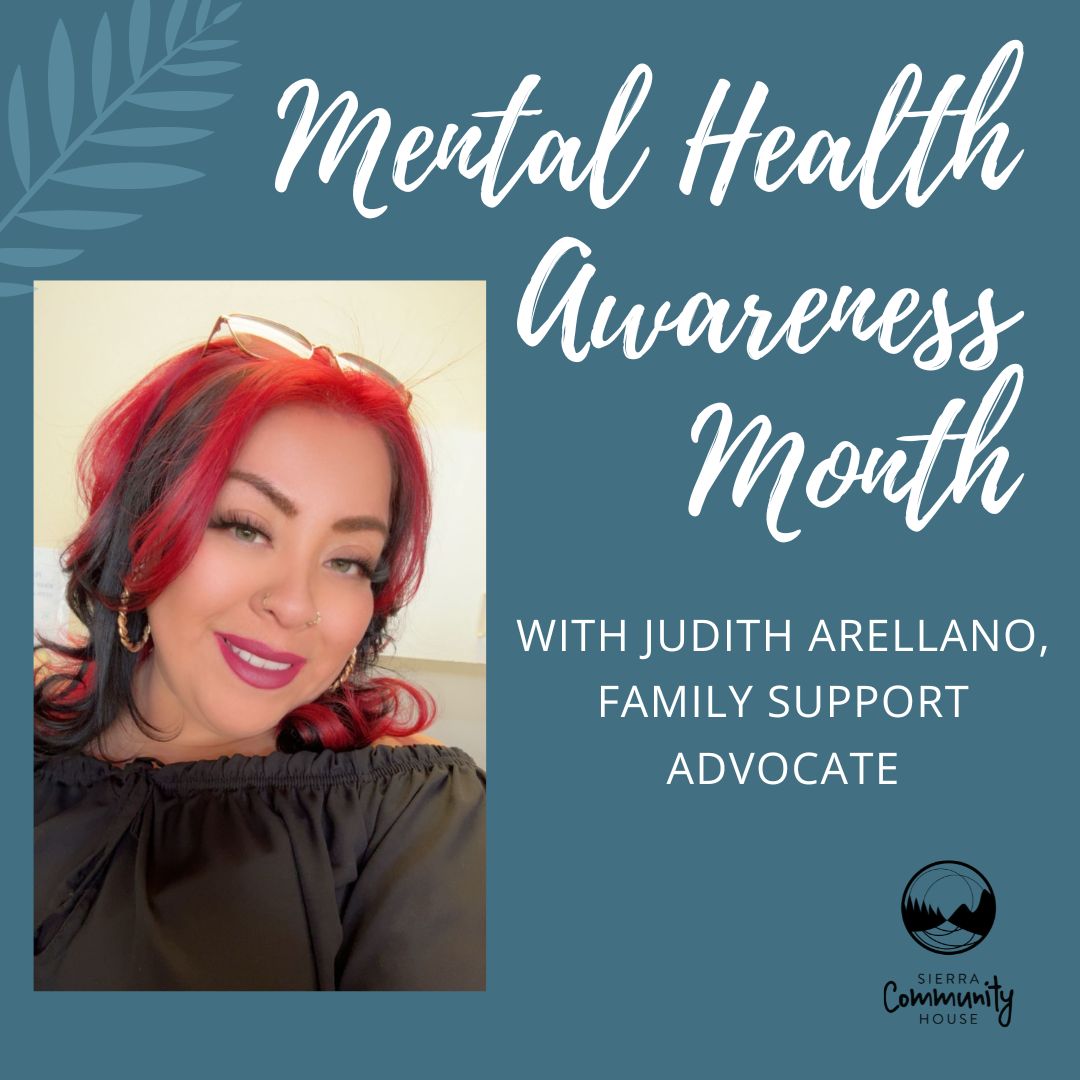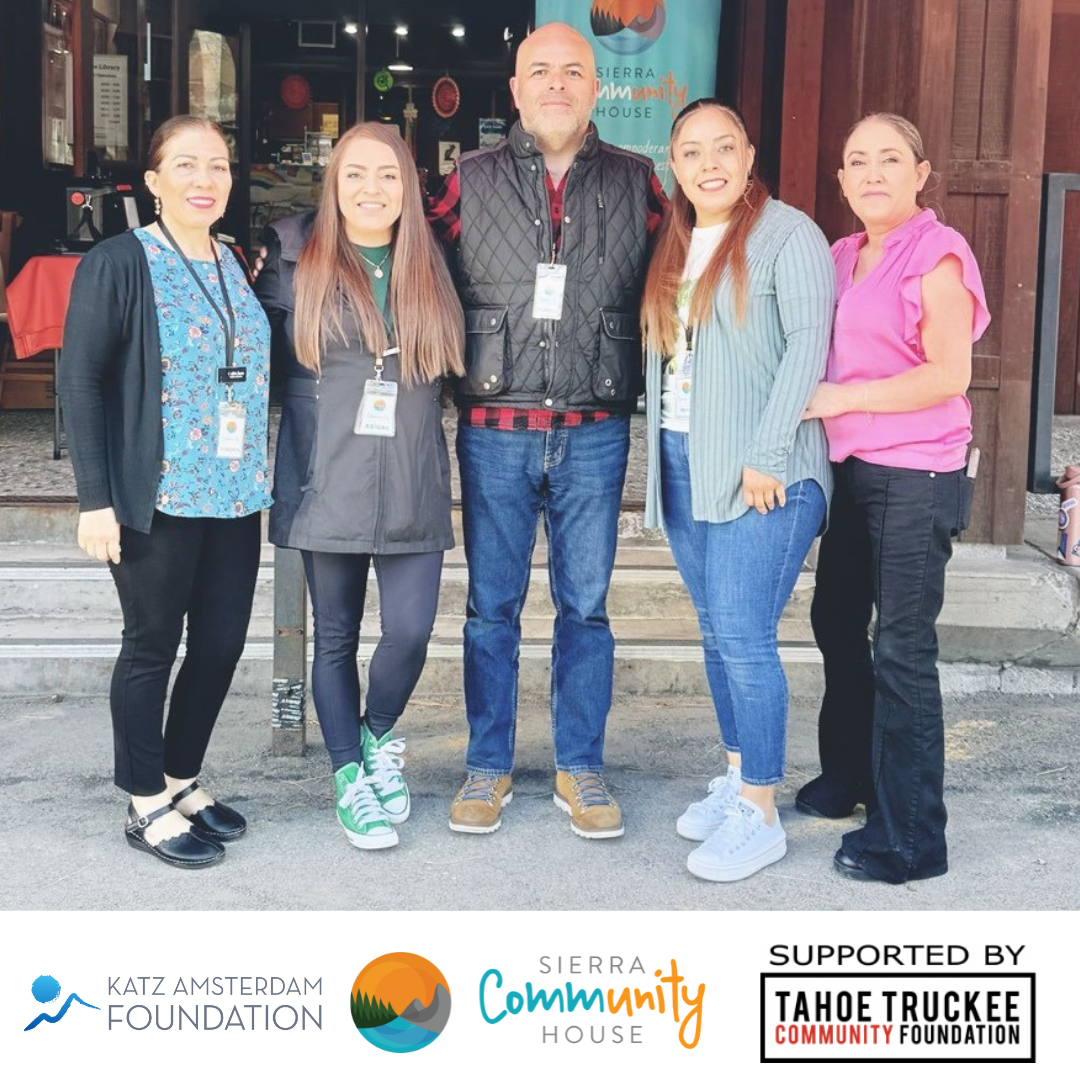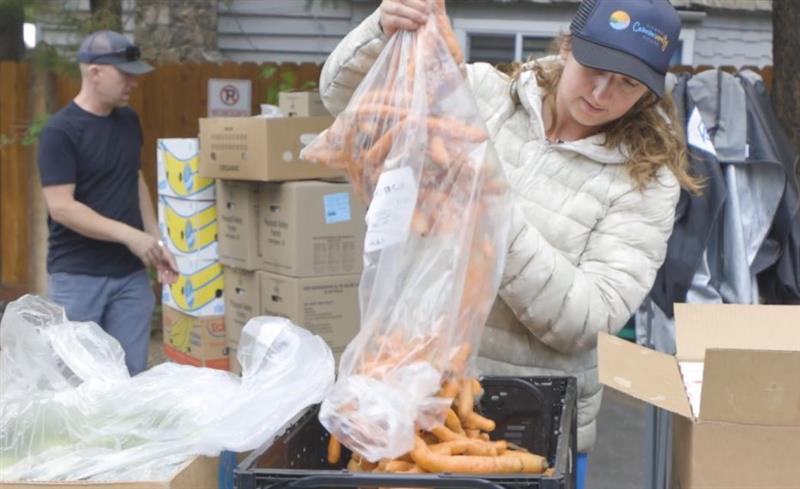May is Mental Health Awareness Month, a time to recognize the importance of emotional well-being, resilience, and support systems—especially for those impacted by trauma. At Sierra Community House, we are proud to highlight Judith, one of our compassionate Family Support Advocates, whose work empowers survivors of sexual violence and supports their path to healing.
For the past four years, Judith has been a steady source of strength and safety for individuals and families navigating crisis. Her approach blends empathy, trauma-informed care, and a deep understanding of family dynamics to ensure that every survivor she works with feels seen, heard, and supported.
We sat down with Judith to learn more about her work and what fuels her commitment to mental health and survivor support.
Q&A with Judith
What inspired you to become a Family Support Advocate?
Learning about the complex challenges many families face—and realizing how much of a difference an advocate can make—was my biggest inspiration. It's deeply fulfilling to help families access resources, navigate systems, and feel empowered during difficult times.
What do you find most rewarding about supporting survivors and their families?
The most rewarding part is building trust. When a family places their trust in me, it creates the foundation we need to do meaningful work together. That connection is everything.
Can you share an experience that reflects your work and how mental health support plays a role?
I worked with a family dealing with an incident of sexual assault between two cousins. Both children were young and didn't understand the gravity of the situation. It was discovered they had been exposed to inappropriate media at home. This led to confusion, particularly during a time of physical and emotional development.
What helped this family begin to heal was having access to therapy, open conversations about body boundaries, and a safe space to process emotions. Education and early conversations around consent and body autonomy could have prevented this. Supporting the entire family's mental health was essential in their healing journey.
How do you care for your own mental health while doing such emotionally demanding work?
I prioritize healthy boundaries and mindfulness. I lean on my colleagues, engage in self-care, and remind myself it's okay to ask for support. Processing emotions and celebrating even the smallest wins helps me stay grounded and present.
As we shine a light on mental health this month, we also uplift the voices of advocates like Judith—those who walk alongside survivors and families in their journey toward healing. At Sierra Community House, we believe that mental health is community health, and through compassion, education, and support, we can build a safer, more resilient future for all.

Recent News





